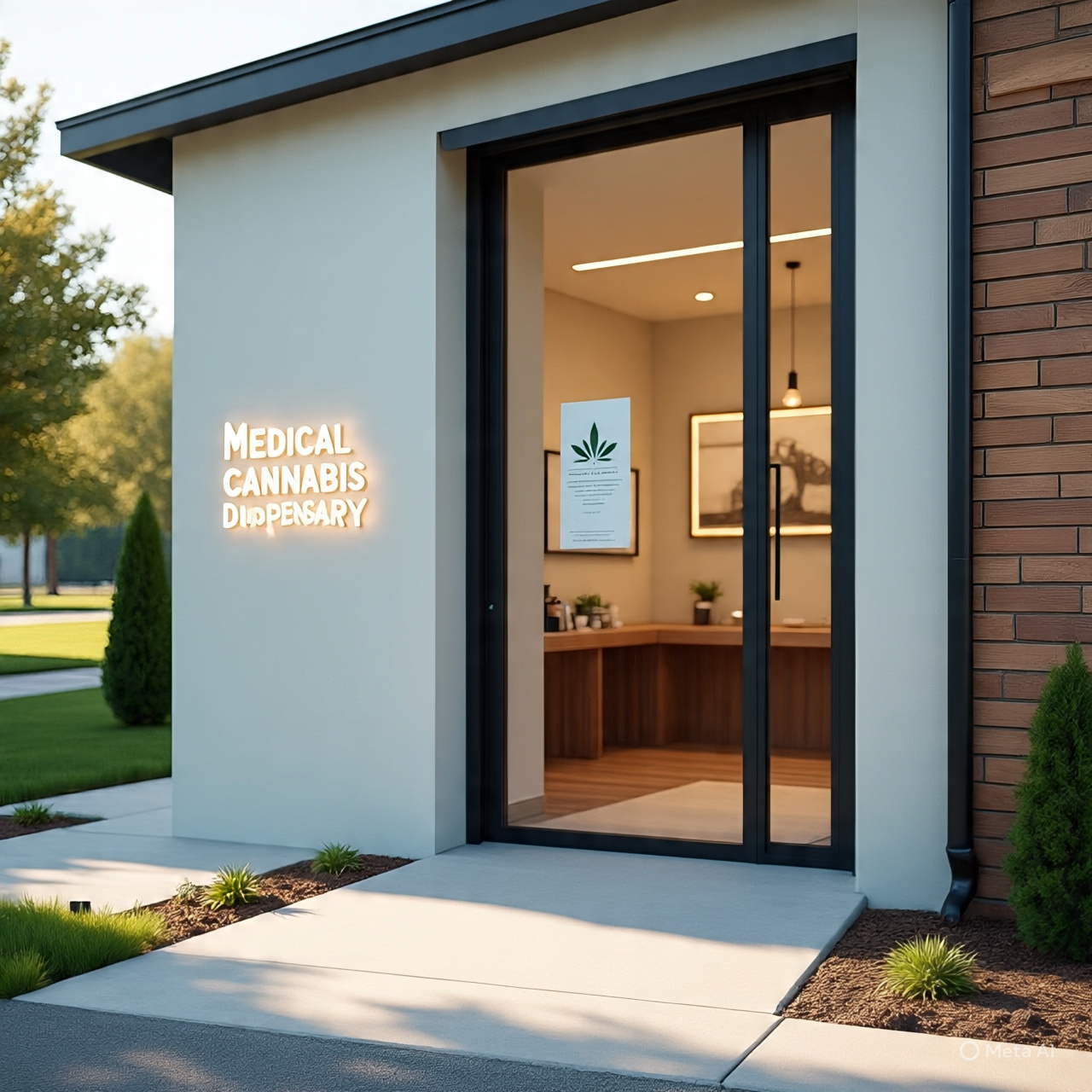ACCESS MEDICAL CANNABIS UK
INTRODUCTION
Accessing medical cannabis in the UK has become increasingly important for patients seeking alternative treatments for chronic pain, epilepsy, multiple sclerosis, and other medical conditions. Over the last few years, awareness and acceptance of medical cannabis have grown, but navigating the legal, medical, and practical pathways can be complex. This guide provides a comprehensive overview of accessing medical cannabis in the UK, including eligibility, prescription processes, types of cannabis products, costs, and legal considerations. Whether you are a patient, caregiver, or healthcare professional, understanding how to access medical cannabis safely and legally in the UK is crucial.
—
WHAT IS MEDICAL CANNABIS?
Medical cannabis refers to the use of the cannabis plant or its chemical components, primarily THC (tetrahydrocannabinol) and CBD (cannabidiol), for medicinal purposes. Unlike recreational cannabis, medical cannabis is regulated and prescribed by healthcare professionals for specific conditions.
TYPES OF MEDICAL CANNABIS PRODUCTS IN THE UK
1. CBD Oil and Supplements – Used for general wellness, anxiety, or inflammation.
2. THC-based Medicines – Prescribed for severe pain, chemotherapy-induced nausea, or spasticity in multiple sclerosis.
3. Cannabis-based Products for Medicinal Use (CBPMs) – Includes oral sprays, capsules, and dried flowers suitable for vaporization.
These products are strictly regulated by the UK’s Medicines and Healthcare products Regulatory Agency (MHRA), and patients need a valid prescription to access them legally.
—
ELIGIBILITY FOR MEDICAL CANNABIS IN THE UK
Not every patient can access medical cannabis in the UK.
COMMON CONDITIONS COVERED
Chronic pain that does not respond to traditional medication
Epilepsy, particularly treatment-resistant forms in children and adults
Multiple sclerosis and spasticity symptoms
Nausea and vomiting caused by chemotherapy
Severe anxiety or PTSD (in rare cases)
Patients must have tried conventional treatments first, as medical cannabis is often considered a last-resort therapy.
—
HOW TO ACCESS MEDICAL CANNABIS IN THE UK
Accessing medical cannabis involves a regulated prescription process, as it is not available over-the-counter.
STEP 1: CONSULT A SPECIALIST
Start by consulting a doctor who can evaluate your medical history and current treatments. GPs rarely prescribe medical cannabis; referrals to specialists or private clinics are often required.
STEP 2: ASSESSMENT AND DIAGNOSIS
Specialists will assess whether medical cannabis is appropriate. They may consider factors such as:
Current medication and potential interactions
Condition severity and previous treatment responses
Potential side effects and benefits
STEP 3: PRESCRIPTION
If approved, a specialist issues a prescription for medical cannabis. The prescription will specify:
Type of cannabis product (CBD oil, THC spray, capsules)
Dosage and administration method
Duration of use and follow-up schedule
STEP 4: DISPENSING
Medical cannabis is dispensed through licensed pharmacies or private suppliers. Patients must adhere strictly to prescribed dosages and guidance.
—
COST OF MEDICAL CANNABIS IN THE UK
One challenge for patients is the high cost. NHS prescriptions are extremely rare, so most patients access medical cannabis through private clinics.
Private consultation: £150–£250 per visit
Monthly supply of cannabis-based medicines: £300–£800 depending on dosage and product type
Insurance coverage: Limited, mostly available through private health insurance policies
Although expensive, medical cannabis can significantly improve quality of life for patients with chronic or treatment-resistant conditions.
—
LEGAL CONSIDERATIONS
Medical cannabis in the UK is strictly regulated. Some key legal points include:
Possessing cannabis without a prescription is illegal and considered a criminal offence.
Prescriptions must come from a specialist, not a GP, in most cases.
Importing or sourcing medical cannabis without proper licensing is prohibited.
Patients are advised to store and use cannabis products according to legal guidelines to avoid penalties.
It’s important for patients and caregivers to stay informed about changing regulations, as UK medical cannabis law is evolving rapidly.
—
PRIVATE CLINICS AND ONLINE SERVICES
Several private clinics in the UK specialize in providing medical cannabis prescriptions. These clinics often offer:
Teleconsultations for remote patients
Guidance on dosage, product types, and administration
Support for insurance claims and legal compliance
ONLINE MEDICAL CANNABIS PROVIDERS
Some licensed online suppliers can deliver medical cannabis directly to patients with valid prescriptions. These services increase accessibility but require careful verification to ensure legal compliance.
—
BENEFITS OF ACCESSING MEDICAL CANNABIS IN THE UK
Medical cannabis has shown promising results for a range of conditions:
Chronic Pain Relief: Patients with arthritis, neuropathy, or fibromyalgia report reduced pain and inflammation.
Epilepsy Management: Certain CBD-based medications significantly reduce seizure frequency.
Improved Mental Health: Cannabis can alleviate anxiety, depression, and PTSD symptoms in some patients.
Enhanced Quality of Life: Patients report better sleep, mood, and daily functioning after consistent use.
While the benefits are notable, medical cannabis should always be used under professional supervision to minimize risks.
—
POTENTIAL SIDE EFFECTS
Like any medication, medical cannabis carries potential side effects:
Drowsiness or dizziness
Dry mouth or nausea
Mood changes or anxiety
Rarely, cardiovascular effects
Healthcare professionals carefully monitor patients to ensure benefits outweigh risks.
—
FUTURE OF MEDICAL CANNABIS IN THE UK
The future of medical cannabis in the UK is promising:
Increasing research into new conditions and treatments
Potential for wider NHS coverage in the coming years
More patient-friendly formulations, including capsules, sprays, and edibles
Gradual shift toward legal reforms and broader acceptance
Patients who access medical cannabis today may benefit from both current therapies and future developments as regulations and clinical evidence expand.





